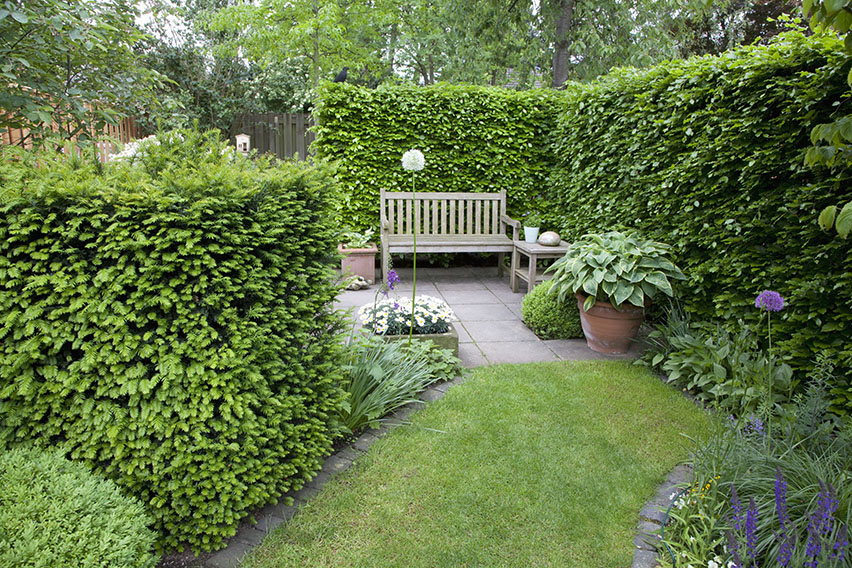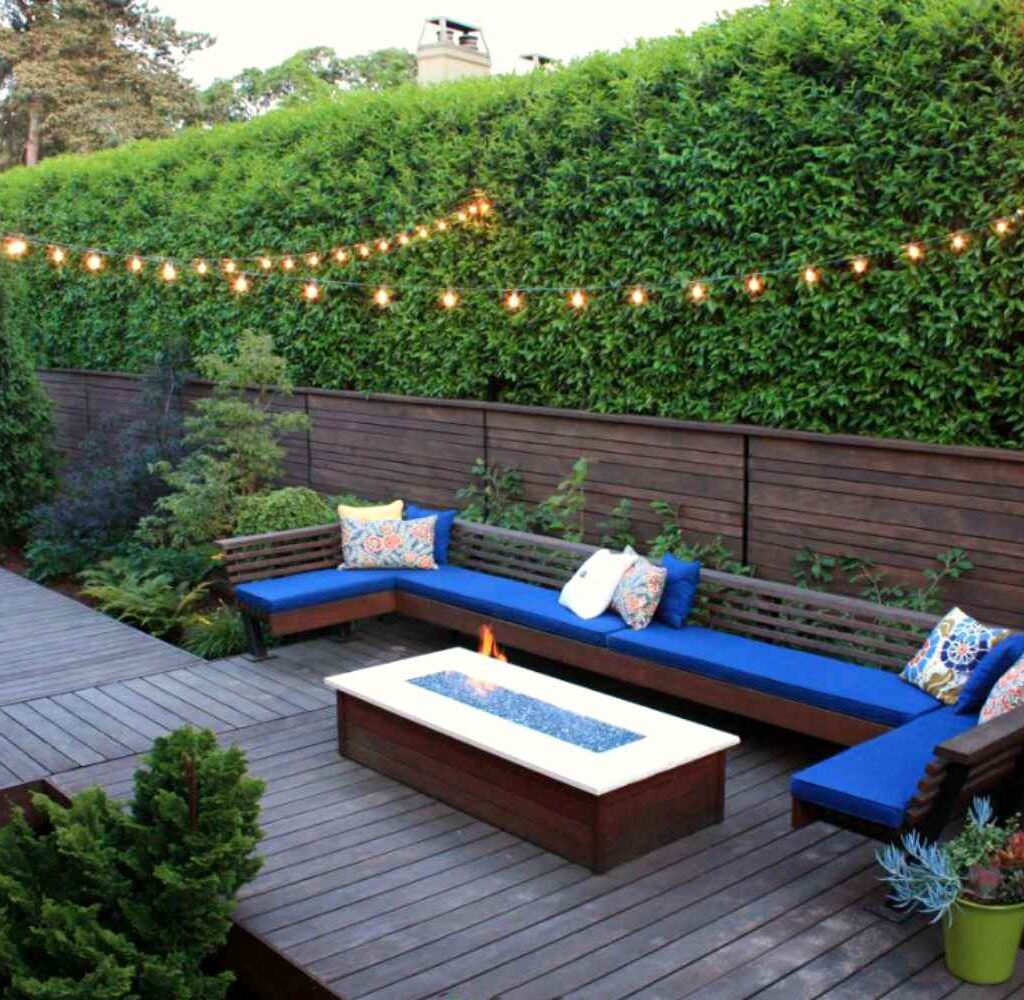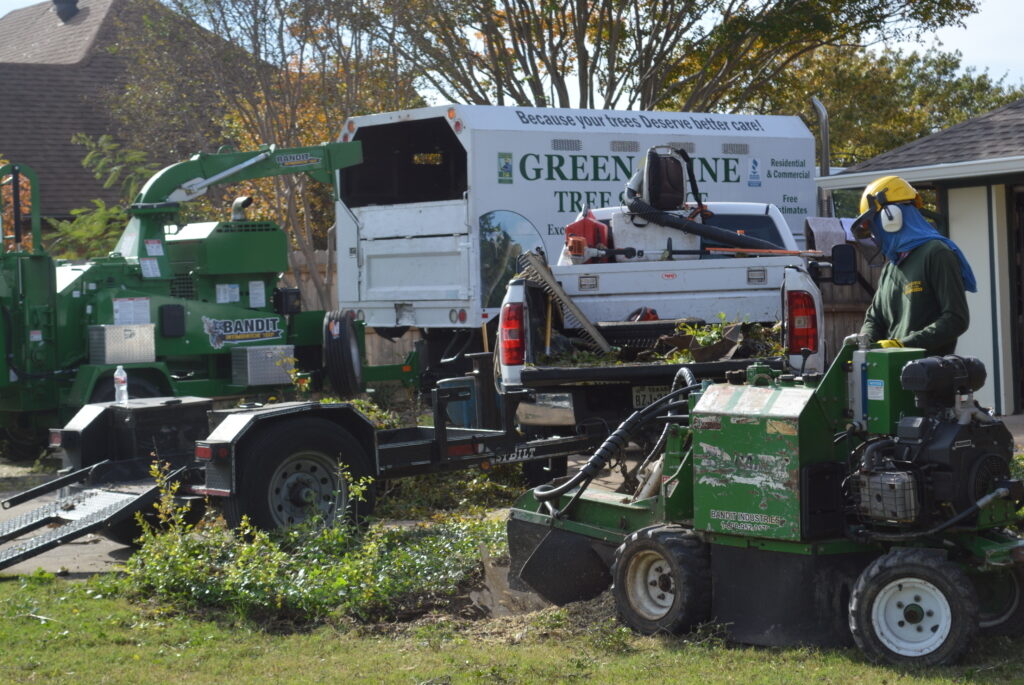Introduction to Privacy Plants
Whether you’re longing for a private garden oasis or simply want to shield your backyard from curious eyes, privacy plants offer a natural and beautiful solution. They’re much more than just green barriers – privacy plants can reduce noise, provide shade, and even support local wildlife.
Why Privacy Plants are Important
Sometimes, fences just don’t cut it when it comes to creating privacy. Privacy plants provide a more organic, eco-friendly, and aesthetically pleasing alternative. Unlike traditional fences, plants grow and evolve, adding texture, color, and natural charm to your space.

Benefits of Using Plants Over Fences
Aesthetic Appeal: Plants look far more beautiful and natural compared to concrete or wooden fences.
Eco-Friendly: They contribute to the environment by absorbing CO2 and releasing oxygen.
Noise Reduction: Dense plantings can significantly cut down on outside noise.
Shade and Cooling: Many privacy plants can also provide much-needed shade, helping to cool your space during the summer months.
Types of Privacy Plants
Evergreen Shrubs
Evergreen shrubs like boxwood and holly are popular choices for privacy. They keep their leaves year-round, ensuring consistent privacy even in winter.
Fast-growing Trees
If you want fast results, trees like Leyland cypress and eucalyptus grow quickly, providing coverage within a couple of years.
Hedges for Privacy
Hedges like privet and yew are classic choices. They can be shaped and trimmed to your desired height and density, giving you full control over your privacy.
Ornamental Grasses for Privacy
Tall grasses such as Pampas or Feather Reed Grass create soft, flowing privacy screens that sway in the wind, adding a dynamic element to your landscape.
Climbing Vines for Fences
Climbing plants like ivy or clematis are ideal for smaller spaces. They can grow along trellises or fences, transforming them into green walls of privacy.
Top 10 Privacy Plants to Grow
Leyland Cypress: Fast-growing, evergreen, and dense.
Bamboo: Offers quick privacy but needs containment.
Privet: A classic hedge plant that’s easy to maintain.
Arborvitae: Another evergreen that grows tall and dense.
Boxwood: Great for low hedges and formal gardens.
Holly: Offers privacy and berries for wildlife.
Photinia: Known for its vibrant red leaves.
Hornbeam: A deciduous option that forms a dense hedge.
Lavender: Provides beauty, fragrance, and a moderate level of privacy.
Pampas Grass: Tall, ornamental grass perfect for soft screening.

Choosing the Right Privacy Plants
When selecting the best privacy plants, you need to consider a few key factors:
Consider Your Climate
Different plants thrive in different climates. Make sure the species you choose is suited to your local weather conditions.
Growth Rate and Maintenance
If you’re in a hurry for privacy, opt for fast-growing species. However, fast-growing plants often require more maintenance.
Space and Size Considerations
Make sure to choose plants that fit your available space. Some species grow very large and could overwhelm a small garden.
Planting for Privacy Plants
How to Plant Privacy Planting
Start by digging a hole twice the width of the plant’s root ball. Position the plant in the hole, fill it with soil, and give it a deep watering.
Watering and Fertilizing
Newly planted privacy plants will need consistent watering, especially in the first year. Adding compost or fertilizer will also help them establish strong roots.
Pruning and Maintenance
Regular pruning ensures that your privacy plants stay dense and don’t become unruly. Be sure to trim them in a way that encourages healthy growth.
Benefits of Privacy Plants
Privacy plants offer a variety of benefits beyond seclusion. They can reduce noise, improve air quality, and create a beautiful, peaceful environment in your garden.
Noise Reduction
Dense plants like trees and hedges can act as a sound barrier, reducing noise from traffic or neighbors.
Improved Air Quality
Plants absorb pollutants and release oxygen, helping to clean the air around your home.
Creating a Wildlife Habitat
By choosing native plants, you can attract beneficial wildlife like birds and bees to your garden.
How to Arrange Privacy Plants for Maximum Effect
Layering Different Types
For the best privacy, try layering different plant species. Combine fast-growing trees with lower shrubs and tall grasses for full coverage at every level.
Using Privacy Plants in Combination with Other Elements
You can also combine plants with fencing or walls to create a multi-layered privacy barrier.
Common Mistakes to Avoid with Privacy Plants
Overcrowding
Don’t plant too close together. Even fast-growing species need space to thrive.
Ignoring Growth Patterns
Make sure you’re aware of how tall and wide your plants will grow, so they don’t overtake your space.
How to Create a Living Fence
A living fence is made entirely of plants, offering privacy with the added benefits of beauty and sustainability.
Best Plants for a Living Fence
Fast-growing species like privet or arborvitae are great choices for a living fence.
Maintaining a Living Fence
Regular pruning will keep your living fence looking neat and healthy.
Combining Privacy Plants with Other Features
Integrating Hardscapes
Stone walls, trellises, and pergolas can be combined with plants for added structure and interest.
Using Lighting with Privacy Plants
Strategic lighting can highlight your plants while also offering ambiance during the evening.
Privacy Plants for Small Spaces
Compact Plants for Balconies and Patios
Consider smaller plants like dwarf boxwood or potted bamboo for compact areas.
Creative Solutions for Urban Spaces
Use vertical gardens or climbing plants to create privacy even in small urban environments.

Seasonal Considerations for Privacy Plants
Winter-proofing Your Privacy Plants
Certain plants might require additional safeguarding throughout the winter season. Consider mulching to protect their roots.
Seasonal Pruning and Care
Regular seasonal care ensures your plants stay healthy and look their best year-round.
Sustainable and Eco-friendly Privacy Solutions
Native Plants and Biodiversity
Opting for native species helps support local ecosystems and reduces the need for excessive watering or fertilizing.
Water Conservation Tips
Use mulch and drought-tolerant plants to conserve water while maintaining privacy.


